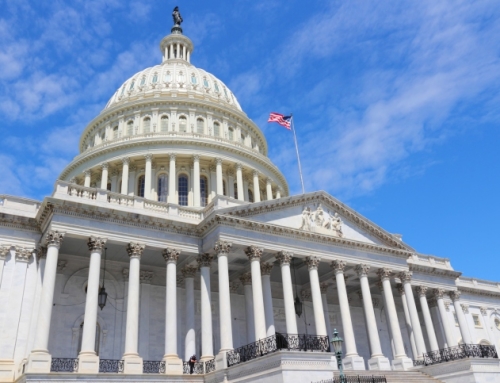The UK Parliament has approved controversial plans to enable businesses to use temporary agency workers to plug staffing gaps amid strikes.
The draft Conduct of Employment Agencies and Employment Businesses (Amendment) Regulations 2022 was approved July 11 with a 289 to 202 party-line vote. Nearly all Conservatives approved while members of the Labour, SNP and other parties all opposed the change.
Business Minister Jane Hunt said the change is needed to remove the “outdated blanket ban” on employment businesses supplying agency workers to cover official industrial action. “Some trade unions appear to us to be looking to create maximum disruption in a bid to stay relevant rather than constructively seeking agreement with employers and avoid conflict,” Hunt said. She also said the change does not restrict the ability of workers to go on strike and denied it would have an impact on safety.
The proposal was put forward in June by the Boris Johnson government; Johnson subsequently agreed to step down. It came amid last month’s dispute on the railway network.
The vote went forward despite Johnson’s pledge not to pass any controversial legislation during the transition period to new leadership.
Effect on other sectors. While the legislation was drafted in response to anticipated railway worker strikes, questions have been raised about its applicability during teacher, nurse and train driver strikes.
Labour’s deputy leader, Angela Rayner, said, “These proposals are anti-business and anti-worker. They will risk public safety, rip up workers’ rights and encourage the very worst practices. And above all, they will not prevent strikes; they will provoke them.”
Meanwhile, the recruitment industry and trade unions have unanimously criticized the move and have previously issued warnings on repealing the legal restrictions, adding that plans could be in breach of international law.
Staffing industry response. “We have been clear that repealing the ban on agency staff covering for striking employees will not work,” said Neil Carberry, chief executive of the Recruitment & Employment Confederation. “So we regret the results of last night’s vote and look to the upcoming House of Lords debate to raise key issues again. As and when the law does change, we would advise recruitment agencies to tread very carefully. Not all business is good business, and they should consider the potential risks to both their business and agency workers before deciding whether to supply staff to a strike situation.”
Meanwhile, members of the World Employment Confederation, which represents the staffing industry globally, are obliged not to supply workers during strikes regardless of what the law may allow in the UK.
Union response. The Trades Union Congress, a federation of trade unions in England and Wales, has accused the government of rushing through the new laws and neglecting its obligations around new legislation. The union body says there has been no consultation with unions, which the government is obliged to take under the Employment Agencies Act 1973, and no new impact assessment.
“The right to strike is a fundamental British liberty. The government wants to undermine this right and deploy agency workers as strike breakers across the economy — including on the railways,” said TUC General Secretary Frances O’Grady. “Using agency workers to try and break strikes would put these workers in an appalling situation, worsen disputes and poison industrial relations. And bringing in agency staff who haven’t been fully trained to deliver specific public service roles could endanger the public too.”









